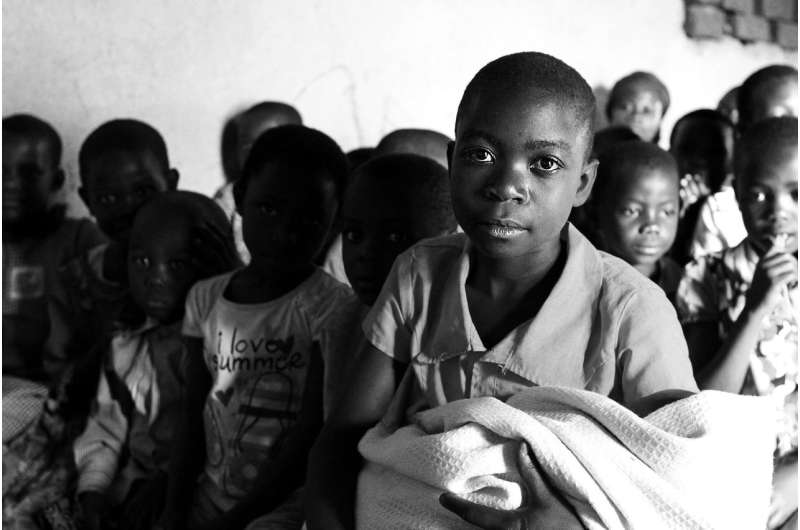
The fatal threat from diarrhea and pneumonia to young children in the world’s poorer countries can be drastically reduced by using traditional performing arts to encourage mothers to provide youngsters with safe food and water, a new study reveals.
The Gambia, like many other Low- and Middle-income Countries (LMICs) faces high rates of under-five deaths due to diarrhea and pneumonia—the two highest causes of death in this age group in this country and globally.
Children transitioning from breastfeeding to eating food are at most risk, as complementary food becomes contaminated. Researchers working in The Gambia discovered that mothers’ food safety and hygiene behaviors were massively improved by a low-cost behavior change community programs trialled in rural villages.
After six months, researchers observed that hospital admissions had reduced by 60% for diarrhea and 30% for respiratory infection. After 32 months, the mothers continued to practice improved food safety and hygiene practices, informing and encouraging new mothers to do the same.
Led by experts from the University of Birmingham, the international research team has now published its findings in PLOS Medicine.
Lead researcher, Dr. Semira Manaseki-Holland, Clinical Senior Lecturer in Public Health at the University of Birmingham, commented: “We developed a low-cost, but seemingly effective, community health intervention that if replicated in countries around the globe could save thousands, if not millions, of lives in the years ahead.
“Gambian rural villages are similar to thousands in sub-Saharan Africa and these methods can be used in many countries across Africa and Asia. We saw the food hygiene practices of Gambian mothers with weaning age children improve dramatically. Although we could not measure death rates, since diarrhea and pneumonia is a leading cause of death in young children, we can deduce that the program can result in fewer young children dying from diarrhea and pneumonia.”
The research program used a randomized trial across 30 Gambian villages (15 got the program and 15 instead got messages about household gardens) to identify and correct behavior around critical points in food preparation and handling when contamination can occur.
Researchers translated food safety and hygiene information into stories and songs with a central figure called ‘MaaChampian’ – a role model mother with behaviors that mothers and families strived to achieve. Five community visits included performances and music -honoring the achievements of mothers and other community members towards becoming mentoring figures themselves.
Dr. Buba Manjang, Gambian lead researcher and Director of Public Health Directorate of the Ministry of Health of the Gambia, commented: “Communities and mothers know most of the correct behaviors, but for some reason they don’t do them, even if the means are available. This research offers a low-cost, effective solution for The Gambia and other countries to use cultural performing arts in similar behavioral change interventions. This will help to reduce the fatal impact of diarrhea and pneumonia by involving whole communities to support the mothers and improve child health.”
Historically, expensive and resource intensive water, sanitation, and hygiene (WASH) interventions were and still are the main accepted way of addressing diarrhea and pneumonia—involving building toilets, providing safe water, creating sewage systems.
However, changing behavior of communities is as important as these large infrastructure programs. Without involving communities and local people, these new developments can either be ignored or not adequately suit the life of people they are intended for.
Source: Read Full Article
